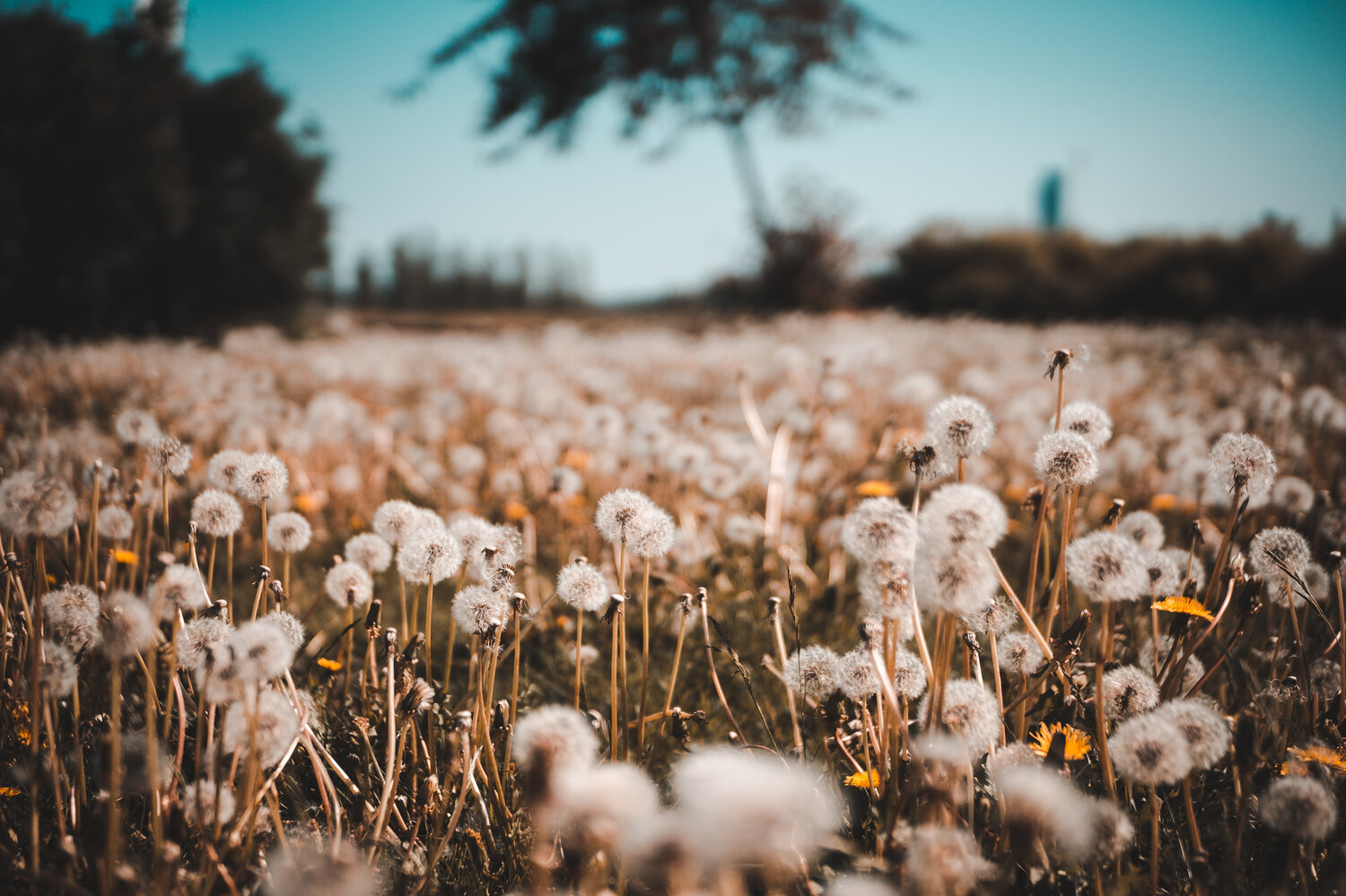
If you ever wanted to help dwindling honeybee populations, ecologists are encouraging that you “learn to love weeds” and leave the dandelions alone this coming spring.
At the start of her tenure as the new president of the oldest ecological society in the world, Jane Memmott reminded everyone last week that working to live in harmony with nature can be as simple as keeping your lawn pollinator-friendly.
The Bristol University professor admitted she mows around the dandelions and buttercups when she cuts her grass because “you can’t personally help tigers, whales and elephants, but you really can do something for the insects, birds, and plants that are local to you.”
“Think about what you’ve had for breakfast,” she began. The pumpkin seeds in your muesli, apples, whatever made the marmalade on your toast, or even the coffee beans and tea leaves that make up your morning cuppa—all of these products rely on pollinators to survive and thrive.”
The new leader of the British Ecological Society dismissed as silly the origins of lawn fussiness—and most people in America can relate with what she sees in England: “This whole business of keeping your lawn clipped and pulling the weeds out is part of some British obsession with tidiness.”
Whether you have a community allotment, a balcony garden, a front or back garden and lawn, or simply a potted plant, the choice of plants you make can have an impact on your local ecology.
Memmott explains a few general rules for planting pollinators—namely that one should “learn to love weeds,” avoid planting too many pom pom-shaped flowers that focus too much energy into petal production and not enough into producing nectar and pollen. She says that any plant with nectar and pollen parts that you can see without pulling back the petals means that pollinators can see—and use them—too.
“Dandelions are fantastic for early season pollinators. The UK has about 270 species of solitary bee and they love dandelions,” she explains, adding later that if they were rare, people would be fighting over them.
Interacting with ecology in everyday life is the kind of thing Memmott knows can benefit people, as well.
There’s a mound of scientific evidence to support claims she makes that if you act charitably towards nature, it will repay your kindness many times over. For instance, a massive study found that people who spend at least 120 minutes per week visiting natural settings—such as town parks, woodlands, and beaches—are significantly more likely to have good health and higher psychological wellbeing. Another case-control study found that self-esteem, mood, and confidence were all improved, some significantly, by gardening in the UK.
Link to Full Article Here:
https://www.goodnewsnetwork.org/leave-dandelions-alone-to-help-bees-this-spring/